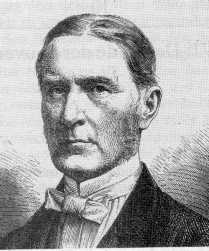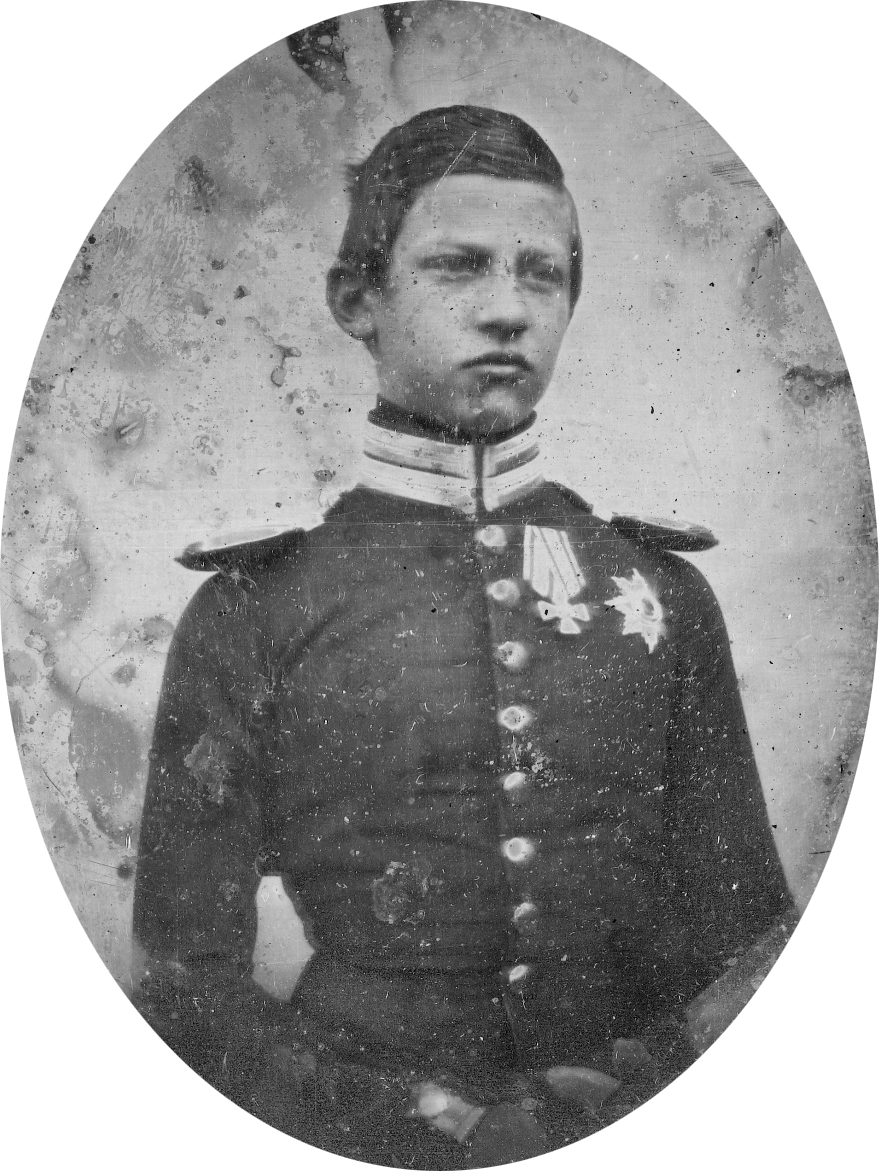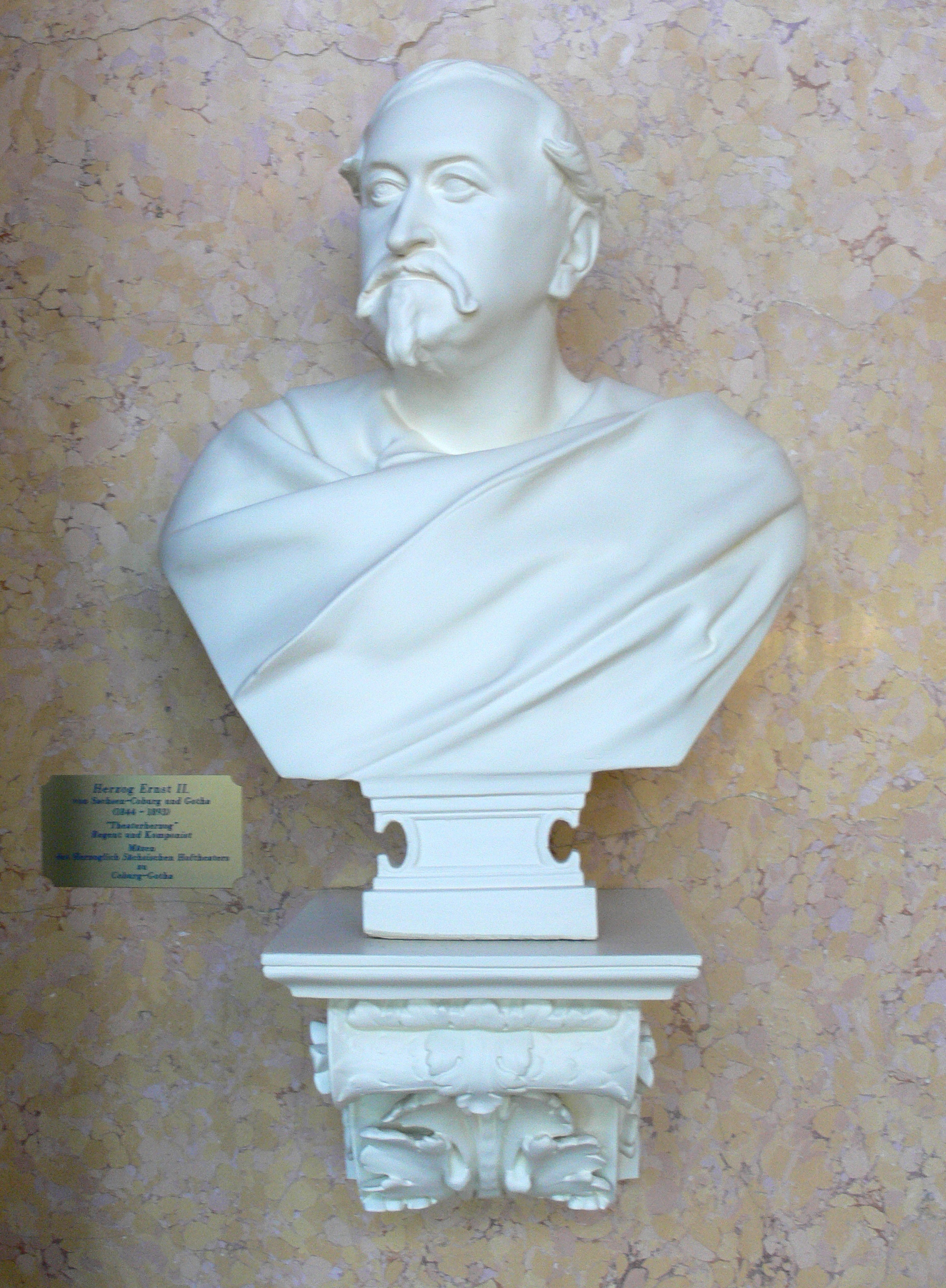|
Order Of The Cross Of Takovo
The Order of the Cross of Takovo was a Serbian state order. History It was instituted in the Principality of Serbia in 1865 to mark the 50th anniversary of the Second Serbian Uprising against the Ottoman Empire, which had started in Takovo, Serbia. The decree that established the Cross and Silver Medal was signed on 22 May 1865 by Mihailo Obrenović III, Prince of Serbia. The Order was suppressed in 1903. Notable recipients * Albert I of Belgium * Archduke Albrecht, Duke of Teschen * Alexander of Battenberg * Alfred, Duke of Saxe-Coburg and Gotha * Baudouin of Belgium * Jovan Belimarković * Petar Bojović * Count Otto von Bray-Steinburg * Vlaho Bukovac * Mikhail Chernyayev * Dimitrije Cincar-Marković * Nićifor Dučić * Dimitrije Đurić * Grand Duke Dmitry Konstantinovich of Russia * Ernest II, Duke of Saxe-Coburg and Gotha * Ernst I, Duke of Saxe-Altenburg * Gaston Errembault de Dudzeele (died 1929) * Géza Fejérváry * Franz Joseph I of Austria * Frederick III, German ... [...More Info...] [...Related Items...] OR: [Wikipedia] [Google] [Baidu] |
Principality Of Serbia
The Principality of Serbia ( sr-Cyrl, Књажество Србија, Knjažestvo Srbija) was an autonomous state in the Balkans that came into existence as a result of the Serbian Revolution, which lasted between 1804 and 1817. Its creation was negotiated first through an unwritten agreement between Miloš Obrenović, leader of the Second Serbian Uprising, and Ottoman official Marashli Pasha. It was followed by the series of legal documents published by the Sublime Porte in 1828, 1829 and finally, 1830—the Hatt-i Sharif. Its ''de facto'' independence ensued in 1867, following the evacuation of the remaining Ottoman troops from the Belgrade Fortress and the country; its independence was recognized internationally in 1878 by the Treaty of Berlin. In 1882 the country was elevated to the status of kingdom. Background and establishment The Serbian revolutionary leaders—first Karađorđe and then Miloš Obrenović—succeeded in their goal of liberating Serbia from centu ... [...More Info...] [...Related Items...] OR: [Wikipedia] [Google] [Baidu] |
Count Otto Von Bray-Steinburg
Otto Kamillus Hugo Gabriel Count von Bray-Steinburg (* 17 May 1807 in Berlin – † 9 January 1899 in Munich) was a Bavarian diplomat and politician. He was a son of the diplomat Count François Gabriel von Bray, who was from Rouen, France. Early life Bray-Steinburg came from the old Norman family of Bray. He was a son of the Bavarian diplomat Count François Gabriel von Bray (originally from Normandy) and Baroness Sophia Catherine von Löwenstern. His main residence was the castle of Irlbach, south of Regensburg, but he also owned the nearby castles of Schambach and Steinburg. Bray-Steinburg was taught in the Wilhelmsgymnasium in Munich and then studied law at the Universities of Göttingen and Munich. Career He then served as a Bavarian diplomat in Vienna, Paris and Athens. In 1843 to 1859, Bray was, with interruptions, the Bavarian ambassador in Sankt Petersburg. In 1846 to 1847, and again in 1848 to 1849, he was the Bavarian foreign secretary. During his second term, ... [...More Info...] [...Related Items...] OR: [Wikipedia] [Google] [Baidu] |
Jevrem Grujić
Jevrem Grujić ( sr-Cyrl, Јеврем Грујић; November 8, 1827 – September 15, 1895) was a Serbian lawyer, politician and diplomat in the mid to late 19th century. Grujić was active at the highest levels of Serbian politics, contributing to the creation of new laws and a member of multiple cabinets. As a prominent ideologue of Serbian liberalism and member of the Academy of Sciences and Arts, he was frequently in conflict with the absolutist regime of Prince Mihailo Obrenović. Imprisoned a number of times during his career, popular support resulted in Grujić's release. Early life and postgraduate studies Jevrem Grujić was born on 23 July 1826 in the village of Darosava near Arandjelovac in a patriarchal peasant family. His father was a merchant and high ranking state official. His ancestors, originally from Montenegro, had moved to Serbia in the 17th century and founded a village of the same name. The founder of the Grujić family, Grujića Šestanović, was a p ... [...More Info...] [...Related Items...] OR: [Wikipedia] [Google] [Baidu] |
Frederick III, German Emperor
Frederick III (german: Friedrich Wilhelm Nikolaus Karl; 18 October 1831 – 15 June 1888), or Friedrich III, was German Emperor and King of Prussia for 99 days between March and June 1888, during the Year of the Three Emperors. Known informally as "Fritz",MacDonogh, p. 17. he was the only son of Emperor Wilhelm I and was raised in his family's tradition of military service. Although celebrated as a young man for his leadership and successes during the Second Schleswig, Austro-Prussian and Franco-Prussian wars,Kollander, p. 79.'' The Illustrated London News'' he nevertheless professed a hatred of warfare and was praised by friends and enemies alike for his humane conduct. Following the unification of Germany in 1871 his father, then King of Prussia, became the German Emperor. Upon Wilhelm's death at the age of ninety on 9 March 1888, the thrones passed to Frederick, who had been German Crown Prince for seventeen years and Crown Prince of Prussia for twenty-seven years. F ... [...More Info...] [...Related Items...] OR: [Wikipedia] [Google] [Baidu] |
Franz Joseph I Of Austria
Franz Joseph I or Francis Joseph I (german: Franz Joseph Karl, hu, Ferenc József Károly, 18 August 1830 – 21 November 1916) was Emperor of Austria, King of Hungary, and the other states of the Habsburg monarchy from 2 December 1848 until his death on 21 November 1916. In the early part of his reign, his realms and territories were referred to as the Austrian Empire, but were reconstituted as the dual monarchy of the Austro-Hungarian Empire in 1867. From 1 May 1850 to 24 August 1866, Franz Joseph was also President of the German Confederation. In December 1848, Franz Joseph's uncle Emperor Ferdinand abdicated the throne at Olomouc, as part of Minister President Felix zu Schwarzenberg's plan to end the Revolutions of 1848 in Hungary. Franz Joseph then acceded to the throne. Largely considered to be a reactionary, he spent his early reign resisting constitutionalism in his domains. The Austrian Empire was forced to cede its influence over Tuscany and most of its claim to ... [...More Info...] [...Related Items...] OR: [Wikipedia] [Google] [Baidu] |
Géza Fejérváry
Baron Géza Fejérváry de Komlóskeresztes (15 March 1833 – 25 April 1914) was a Hungarian general who served as the prime minister in a government of bureaucrats appointed by King Franz Joseph during the Hungarian Constitutional Crisis of 1903–1907. Biography He began his career in the army. As a captain in 1859, he was part of the Austrian forces opposing the Second Italian War of Independence and participated in an action on hotly contested heights of San Martino in front of Solferino. For his heroism in this, he won the cross of Maria Theresa – Austria-Hungary's highest military decoration. In 1864 fought against the Danes in the Second Schleswig War. In 1872 Fejérváry became State Secretary in the Hungarian Ministry of National Defence (Honvéd) and Minister of National Defence in 1884. In 1895 he persuaded Franz Joseph to agree to the religious and political reforms of the Sándor Wekerle ministry. In 1903 he resigned, together with the prime minister, Kálmán ... [...More Info...] [...Related Items...] OR: [Wikipedia] [Google] [Baidu] |
Gaston Errembault De Dudzeele (died 1929)
Gaston-Charles-Marie-Gabriel-Raphaël-Gaëtan, comte Errembault de Dudzeele (Vienna 1 September 1847 – Ixelles 3 June 1929) was a Belgian diplomat. Biography He served as Minister of the King of the Belgians to Serbia from 1890 to 1898, to Turkey from 1898 to 1909 and to Austria from 1909 to 1914. His father Gaston was also a diplomat. He had two children, Valentine (1875–1969), who married Count Carlo Sforza Count Carlo Sforza (24 January 1872 – 4 September 1952) was an Italian diplomat and anti-fascist politician. Life and career Sforza was born at Lucca, the second son of Count Giovanni Sforza (1846-1922), an archivist and noted historian ..., and Gaston (1877–1961), who married Natalija, former wife of Prince Mirko of Montenegro. References 1847 births 1929 deaths Counts of Belgium Ambassadors to Serbia Ambassadors of Belgium to Turkey Ambassadors of Belgium to Austria Grand Officers of the Order of the Crown (Belgium) Recipients of the Civic Decor ... [...More Info...] [...Related Items...] OR: [Wikipedia] [Google] [Baidu] |
Ernst I, Duke Of Saxe-Altenburg
Ernst I, Duke of Saxe-Altenburg (German: Ernst I. Friedrich Paul Georg Nikolaus von Sachsen-Altenburg) (16 September 1826 in Hildburghausen – 7 February 1908 in Altenburg), was a duke of Saxe-Altenburg. He was the first son of Georg, Duke of Saxe-Altenburg and Marie Luise of Mecklenburg-Schwerin. In 1853 he succeeded his father as Duke of Saxe-Altenburg. He was of a retiring disposition and he took little active part in running the country. After a reign that lasted fifty five years, he died without a living direct male heir; because of this, he was succeeded by his nephew, Ernst. Marriage He was married in Dessau on 28 April 1853 to Agnes of Anhalt-Dessau (1824–1897). Agnes was a sister of Friedrich I, Duke of Anhalt. They had two children: * Marie (b. Eisenberg, 2 August 1854 – d. Camenz, 8 October 1898), married on 19 April 1873 to Albrecht of Prussia. * Georg (b. Altenburg, 1 February 1856 – d. Altenburg, 29 February 1856). Honours and decorations ;German hono ... [...More Info...] [...Related Items...] OR: [Wikipedia] [Google] [Baidu] |
Ernest II, Duke Of Saxe-Coburg And Gotha
Ernest II (german: Ernst August Karl Johann Leopold Alexander Eduard, link=no; 21 June 181822 August 1893) was Duke of Saxe-Coburg and Gotha from 29 January 1844 to his death in 1893. He was born in Coburg to Ernest I, Duke of Saxe-Coburg-Saalfeld, and Princess Louise of Saxe-Gotha-Altenburg. His father became Duke of Saxe-Coburg and Gotha (as Ernest I) in 1826 through an exchange of territories. In 1842, Ernest married Princess Alexandrine of Baden in what was to be a childless marriage. Two years later, he became Duke of Saxe-Coburg and Gotha when his father died. Ernest supported the German Confederation in the Schleswig-Holstein Wars against Denmark, sending thousands of troops and becoming the commander of a German corps; he was instrumental in the 1849 victory at the battle of Eckernförde against Danish forces. After King Otto of Greece was deposed in 1862, the British government put Ernest's name forward as a possible successor. Negotiations concerning this failed for va ... [...More Info...] [...Related Items...] OR: [Wikipedia] [Google] [Baidu] |
Grand Duke Dmitry Konstantinovich Of Russia
Grand Duke Dmitry Konstantinovich of Russia (russian: Дми́трий Константи́нович; 13 June 1860 – 28 January 1919) was a son of Grand Duke Konstantin Nikolayevich and a first cousin of Alexander III of Russia. He followed a military career. Although he never played any political role, as a relative of Tsar Nicholas II, he was executed by firing squad at the walls of Peter and Paul Fortress during the Russian Civil War. Early life Grand Duke Dmitry Konstantinovich was born at Strelna on 13 June 1860, the third son and fifth child of Grand Duke Konstantin Nikolayevich of Russia and Grand Duchess Alexandra Iosifovna, born Princess Alexandra of Saxe-Altenburg. When Dmitry turned 7 his education was turned over to Alexei Zelenoy, an officer who had served under his father in the Imperial Navy. His lessons followed the usual course: science, arithmetic, Russian and world history, composition, and geography alternating languages and the arts. He learned besides ... [...More Info...] [...Related Items...] OR: [Wikipedia] [Google] [Baidu] |
Dimitrije Đurić
Dimitrije Đurić ( sr-Cyrl, Димитрије Ђурић; 29 September 1838 – 19 October 1893) was a Serbian army officer, minister of defence, professor at the military academy and member of the Serbian Royal Academy of Science. He also served as 8th Dean of the Academic Board of the Military Academy in Serbia and its chief on two occasions, 1887-1889 and 1891-1893. Biography As an artillery officer in training Dimitrije Đurić spent the period 1865-67 in Russia at Tsar Nicholas I General Staff Academy. In Russia, Durić participated in the founding of (Serbian commune), he became its president while another artillery officer, and future prime minister, Sava Grujić its vice-president and radical-socialist Svetozar Marković its secretary. The goal of the Commune, was "the establishment of fraternal relations among all Serbs in Russia", with a view to “cooperation for the general progress of the Serbian people and nation”. Personal life Dimitrije Đurić was marri ... [...More Info...] [...Related Items...] OR: [Wikipedia] [Google] [Baidu] |
_-_ribbon_bar.png)




